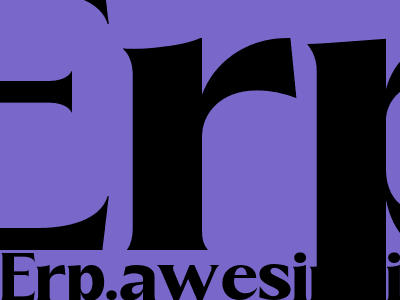What is ERP?
Definition
ERP refers to enterprise resource planning, a software system that integrates business processes across various departments, such as finance, manufacturing, supply chain, and human resources.
Benefits
ERP streamlines operations, improves efficiency, and provides real-time data to enhance decision-making. It automates tasks, eliminates data silos, and fosters collaboration among different departments.
Components
An ERP system typically consists of several modules, including:
- Finance: Manages financial transactions, accounting, and reporting.
- Manufacturing: Supports production planning, scheduling, and inventory management.
- Supply Chain Management: Optimizes supply chain processes, including procurement, inventory control, and distribution.
- Human Resources: Automates HR functions, such as payroll, benefits management, and recruiting.
Implementation
ERP implementation involves careful planning, data migration, training, and ongoing support. Organizations should consider factors such as their business size, industry, and specific requirements when selecting and implementing an ERP system.
Trends
The ERP landscape is constantly evolving, driven by technological advancements. Cloud-based ERP solutions are gaining popularity due to their flexibility, scalability, and lower costs. Integration with other applications, such as CRM (customer relationship management) systems, is becoming increasingly important.
Conclusion
ERP plays a vital role in modern business operations, enabling organizations to enhance efficiency, streamline processes, and make data-driven decisions. Its comprehensive capabilities and adaptability make it essential for organizations of all sizes across diverse industries.

Comments